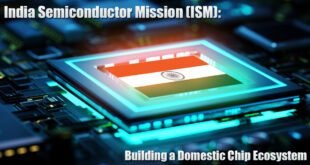It is a truth universally acknowledged that the modern democratic state, armed with technologies of surveillance and control, possesses the kind of power that has never ever been exercised by any other state in history. In a democracy, the individual transits from subject to citizen. Yet there is no one more vulnerable and more helpless than our rights-bearing citizen if the, otherwise, democratic state decides to terrorise, kill and drill fear and trepidation in the mind of the body politic. The other dominant institution of our times, the market, is completely amoral. It is supremely indifferent to human suffering. It has neither sympathy nor room for citizens exploited by the state, and by its own need for resources, labour, and profit. A vital sphere The only sphere that stands between the individual and the omnipresent and omnipotent state is civil society. In this figurative space, individuals come together in webs of associational life. Associations have the capacity to challenge the brute power of the state through petitions, protests, dharnas and ultimately judicial activism. Given unresponsive political parties, citizens can access centres of power and privilege only through a vibrant civil society. Civil society is, of course, a plural sphere, and all manners of associations find space for themselves here, from football clubs to reading groups to film fan societies. Each democratic association is important, but we cannot deny that civil liberty and human rights groups are an essential precondition for human well-being. Some Indian citizens were randomly and arbitrarily imprisoned during the Emergency (1975-77) and the fundamental rights of others were truncated. It is, therefore, not surprising that in the aftermath of the Emergency, the civil liberties movement made a dramatic appearance on to the scene of Indian politics. The movement which developed into, or acted in concert with, the human rights movement took on an extremely significant task, that of protecting the fundamental right to life and liberty granted by the Indian Constitution.
Source : https://www.thehindu.com/todays-paper/tp-opinion/the-crackdown-on-civil-society/article24814534.ece
 Chinmaya IAS Academy – Current Affairs Chinmaya IAS Academy – Current Affairs
Chinmaya IAS Academy – Current Affairs Chinmaya IAS Academy – Current Affairs



